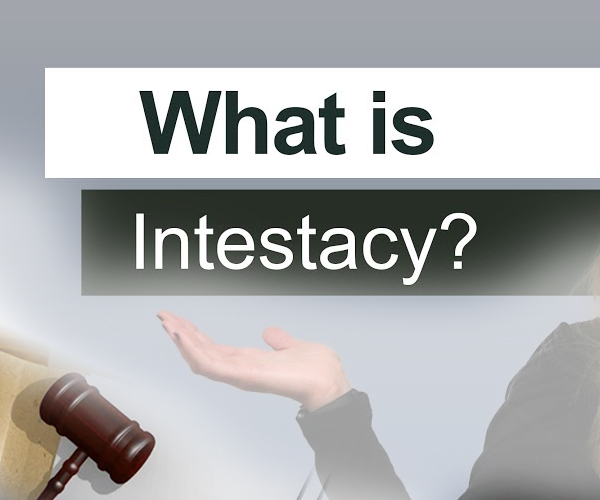
A person is considered to die intestate in respect of all his/her property of which (i) when he/she has left no Will or (ii) when he/she has bequeathed his/her whole property for an illegal purpose or if the subject of the bequest if non-existing.
The use of mere negative words in a Will, not accompanied by any effective disposition of property, cannot alter the course of law of succession. A mere direction that one of the testator's next of kin shall take no share in the property will not prevent him from taking his share on an intestacy. where there is a complete failure by lapse of all beneficial interest under a Will and the executor also predeceased the testator, it is a case of intestacy.
Intestacy can be of two kinds (i) total intestacy and (ii) partial intestacy. A man may die partly testate and partly intestate, take for instance – where the Will contains several bequests to several legatees, but there is no disposition of the residue; he dies intestate as regards the residue.
